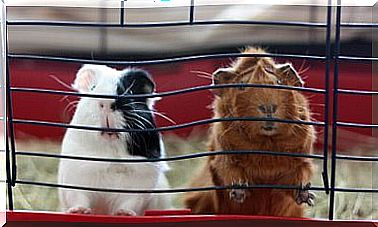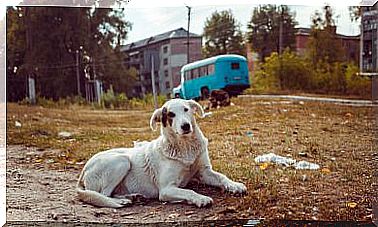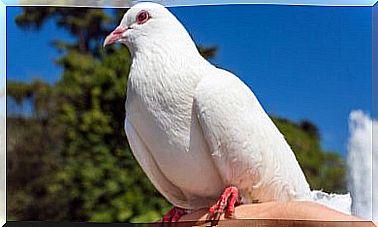How To Raise Chicks?
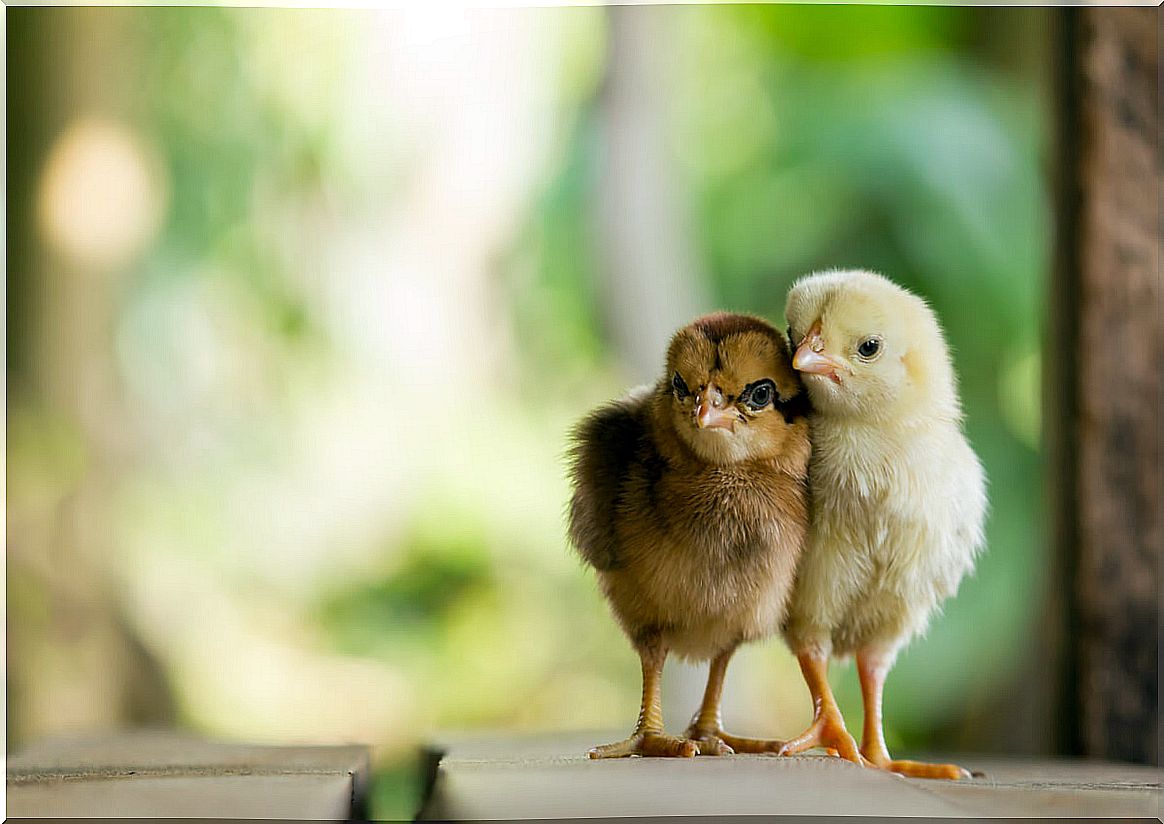
Chicks are adorable baby birds that are tender just by looking at them and hearing that faint chirp they emit. However, to get ahead, these animals require a series of specific care that you must know. Here you can document yourself on how to raise chicks so that this task is much more bearable.
The information that you will find in the following lines is structured by age, since the needs of the chick change throughout its first days. It is important to be strict in your care, as your health is delicate.
How to raise chicks?
It is not very common to have chicks in the home. However, this can happen when the mother rejects them, if they are taken in a shelter or if there is a rescue, such as the one that took place in 2020 at the Barajas airport (Madrid, Spain). In order to raise the hatchlings in these scenarios, we are going to start at the beginning: the eggs.
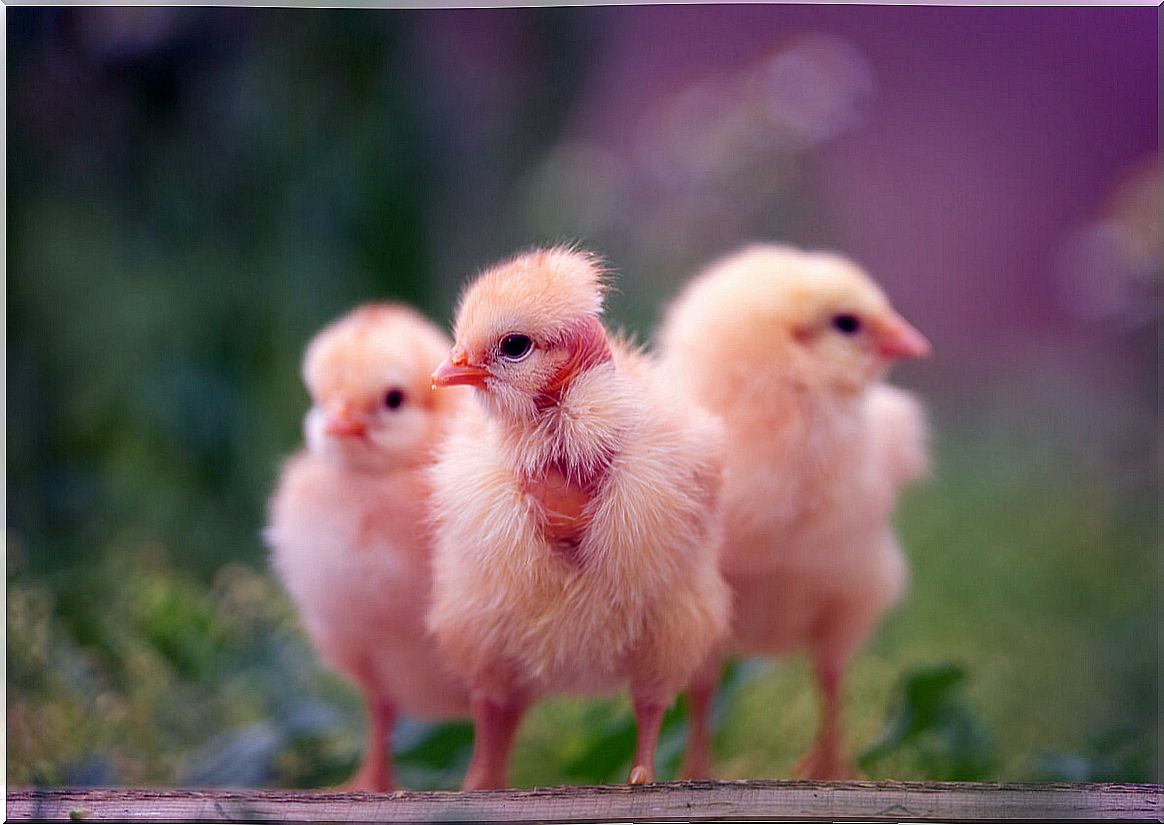
Incubate chicken eggs
Fertilized eggs should never be removed from a broody hen, as it is emotionally attached to them and associated disorders may appear. However, if it abandons them, the ideal would be to have an incubator , since it guarantees compliance with the temperature and humidity needs to raise the young.
The incubation temperature must be kept stable at 37 ° C and not vary more than 1 ° C above or below it. The required humidity should be between 45 and 60%. In addition, it is necessary to take into account the following details:
- Dating the eggs is essential to keep track of the days of incubation and to know when they hatch. Keeping a daily record of temperature and humidity is also very helpful.
- The eggs should be turned from time to time, as the mother does it in the nest to ensure that the heat is distributed evenly throughout the shell. The ideal is to turn them every day about 4-6 times.
- The eggs should not be turned in the 3 days prior to hatching, since in that time interval they must be with the tip up, so that the fetus is in the best possible position to be born. Increasing the humidity in these 3 days makes it easier for them to break the shell.
- Chicks should not be removed from the incubator until the down has completely dried.
The incubation period lasts 21 days. If everything has gone well, at the end of this process the chicks will break the shell and you can start with the next phase. We tell you the next step.
How to raise newborn chicks
Once hatched, the chicks should be placed in a receptacle that is easy to clean and to which a heat source can be added – such as a heat or infrared lamp. This should be large enough so that they are not crowded, but relatively small so that the heat is spread over the entire surface.
Any non-toxic and dust-free material can be used as a substrate. In addition, the space must be adequately ventilated. On the other hand, cleaning will be daily and exhaustive to remove wet substrate, excrement, food debris and feathers. It should be thoroughly disinfected about once a week.
General temperature needs
Chicks are very sensitive to temperature variations, but they need to sunbathe in order to assimilate the calcium correctly, so they will have to be used to the outside gradually. The ideal is to do it by means of incursions in hours in which the temperature oscillates between 32 and 37 ºC and at the same time gradually withdrawing the heat source.
During the process, it is very important to pay attention to the signals that the chicks give : if they approach or move away from the heat source, you may have to adjust their temperature. A trick to know the body temperature of birds is to touch their legs, which should not be too cold or too hot.
General feeding needs
If the chicks don’t eat for the first 3 days or so, don’t worry: they store nutrients from the egg yolk in their bodies. On the other hand, they must have clean and quality water always available and I think specialized ad libitum to stimulate their appetite and that they can develop their natural instinct to peck at the ground in search of food.
Finally, it is necessary to bear in mind that it is not recommended to supply the chicks with plant matter until the first month of life. At that time, his feed can be gradually rotated to that of adult. They also peck the grass, so planting sprouts is both enrichment and healthy food for them.
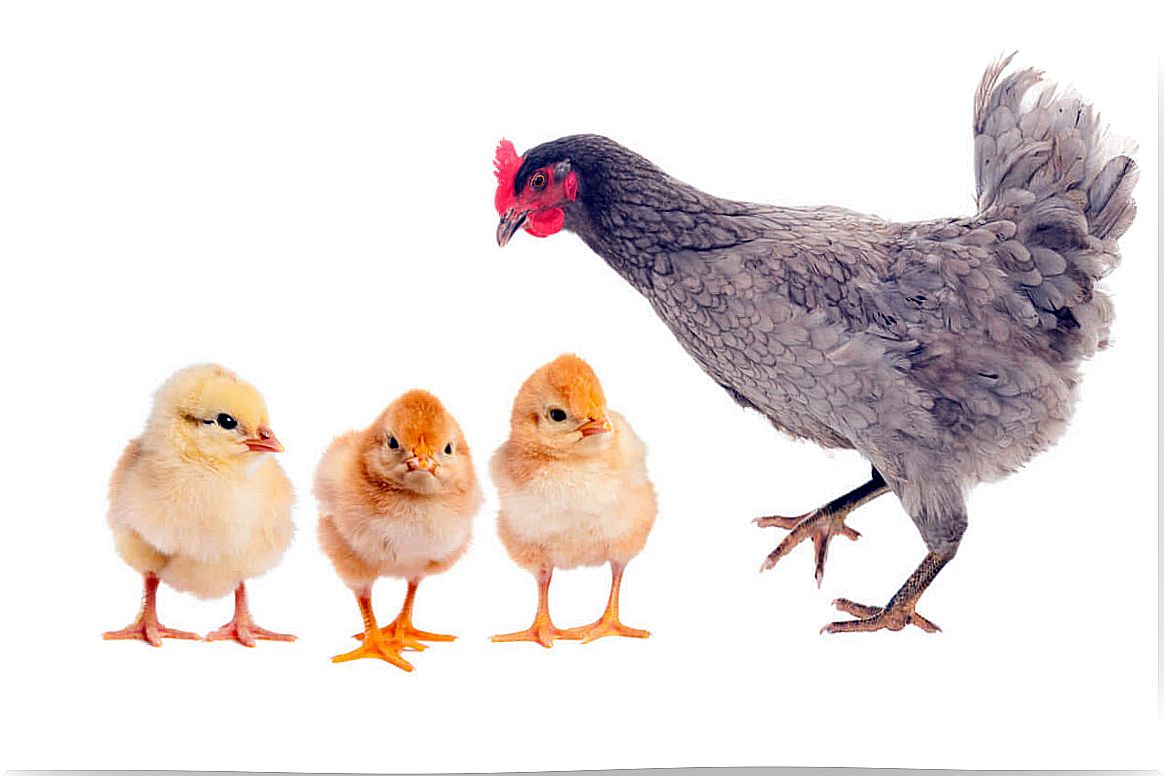
Final notes on raising chicks
In general, when a chick is rescued, it usually belongs to a breed raised for human exploitation, with the health problems that this entails. Therefore, it is necessary that the entire process be supervised by a specialized veterinarian, since in this way you can adjust the care to prevent pathologies that could be fatal.
However, if this odyssey is successful, you will have saved the life of a sociable, adorable animal and more intelligent than people think. Chickens are incredible animals that, the more you know, the more they surprise. Do not miss the opportunity to study them.


